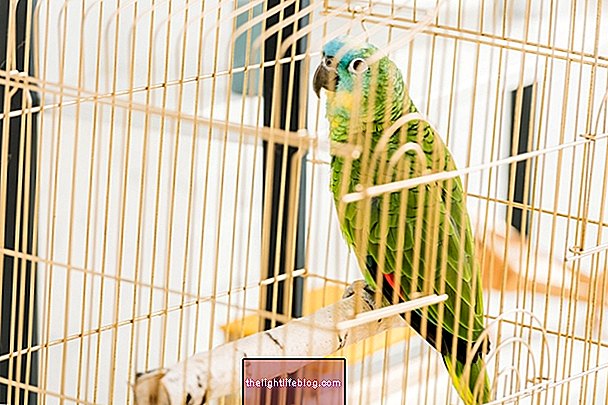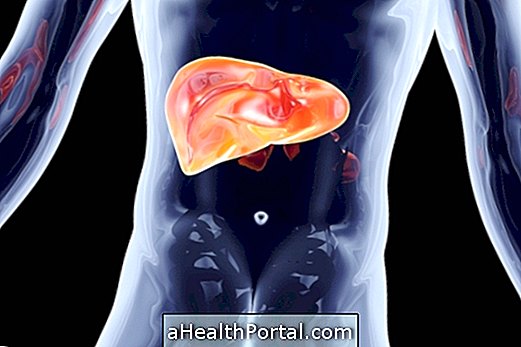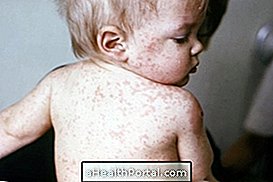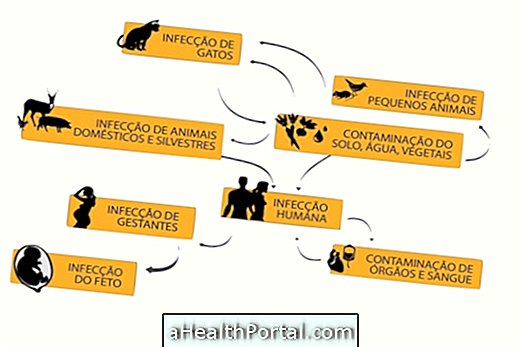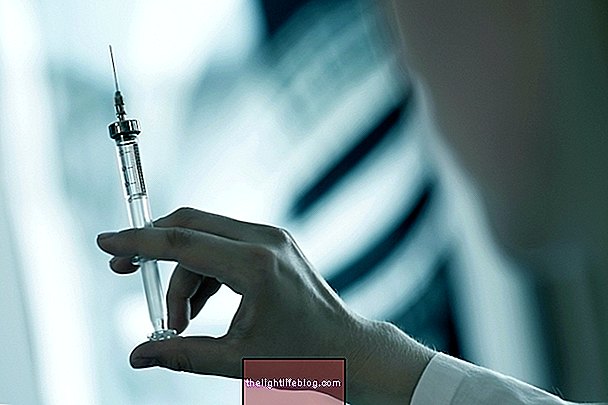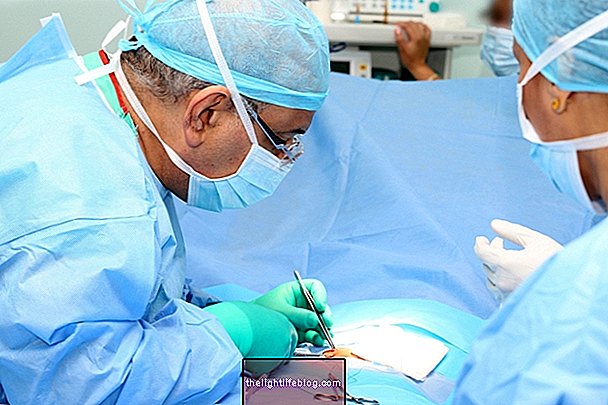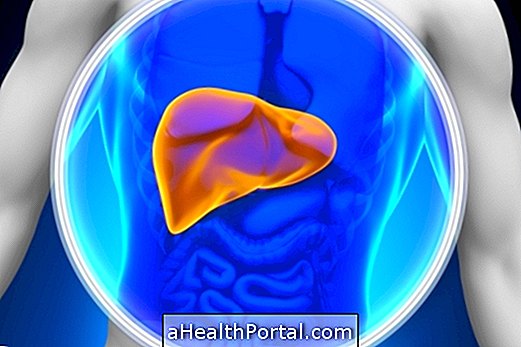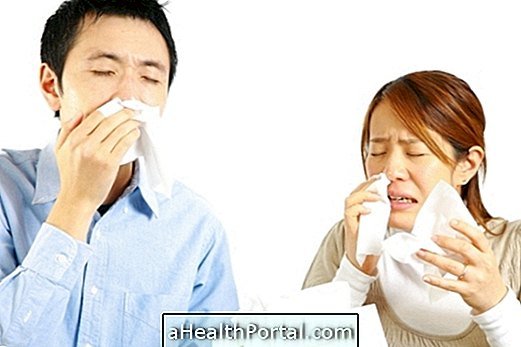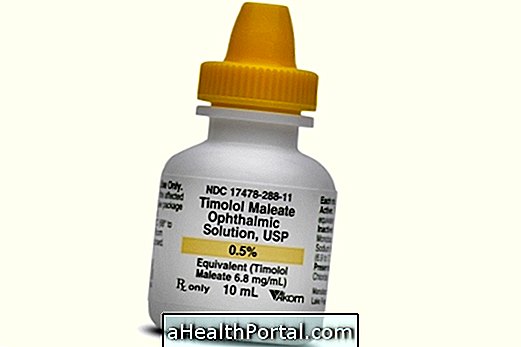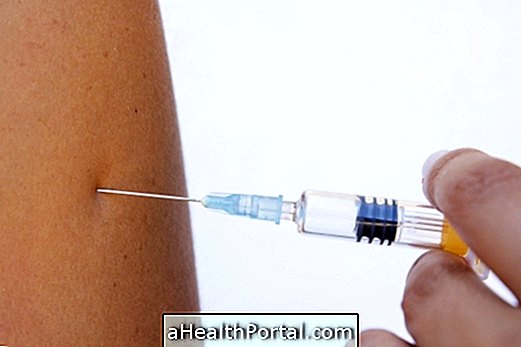Conjunctivitis is inflammation of the conjunctiva, a membrane that lines the eyes and eyelids, whose main symptom is the intense redness of the white portion of the eyes with much secretion.
Generally, this inflammation is caused by a virus or bacteria infection and therefore can be easily transmitted to the people around, especially if there is direct contact with the secretions of the infected person or their contaminated objects.
So there are some simple advice that can reduce the risk of transmission as well as speed recovery:
1. Do not wear contact lenses.
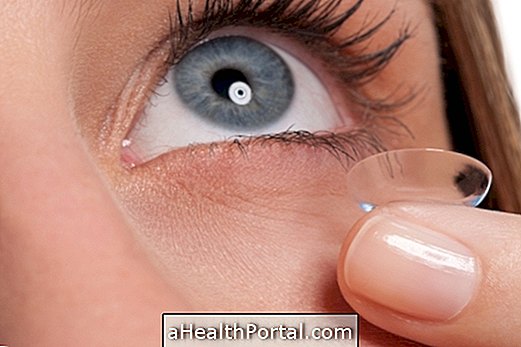
Contact lenses are a foreign body in the eye that can accumulate various types of bacteria throughout the day. Thus, wearing contact lenses when you have conjunctivitis, as well as being able to aggravate the infection and delay the treatment, can also cause the bacteria to spread to the other eye, especially if they are monthly lenses that are stored close together.
Usually it is possible to return to use the lenses as soon as the use of antibiotics prescribed by the doctor is finished or, at least after there is no longer any accumulation of secretions in the eye.
2. Do not share personal objects

As with any infection, personal objects can easily transmit bacteria or viruses to another person, even if they are used after washing hands.
In the case of conjunctivitis, objects at highest risk of contagion include eyeglasses, make-up, makeup brushes and face cloths, for example.
3. Wash your hands several times a day

The hands are the main route of transmission of micro-organisms once they come into contact with various parts of the body during the day. In the case of conjunctivitis, placing your hand on your face or using your fingers to scratch the eye easily transfers bacteria to the skin, which can be passed on to other people or objects, so it is important to wash your hands often.
See the following video how to do it correctly:

Washing your hands several times a day, especially after touching your face or before being with friends or family, for example, helps decrease the risk of passing conjunctivitis to others.
4. Cover your mouth when you cough or sneeze

Saliva is a type of secretion that is able to transmit the microorganisms responsible for conjunctivitis. In this way, you should avoid coughing or sneezing without covering your mouth with your hand, since the saliva may be hovering in the air or projected onto someone's face, coming into contact with the eyes.
5. Clean eye patch

Remedies are very common in people with conjunctivitis because the body produces a greater amount of tears to lubricate the eye and eliminate viruses and bacteria. However, the bundles also contain remains of microorganisms and, therefore, if they accumulate can make the treatment difficult, in addition to becoming very uncomfortable.
In addition, the bundles cling very easily to the hands, which increases the risk of the transmission of conjunctivitis, since the hands touch several objects and people during the day. To clean the potholes you should use a clean cloth or a napkin, and then it is important to wash with very hot water or throw in the garbage to avoid developing bacteria.
6. Wear sunglasses

Although sunglasses are not essential for successful treatment or to prevent the transmission of conjunctivitis, they are a great way to alleviate the ocular sensitivity that comes with the infection, especially when you need to go out on the street with the sun shining, avoiding the increased itching and eye irritation.
7. Eat more vitamin A

Foods rich in vitamin A, such as milk, carrots, mangoes, or tomatoes, are a great way to strengthen the immune system and help the body fight infection. In addition, vitamin A is a very important substance for maintaining eye health.
See a more complete list of foods rich in vitamin A.
